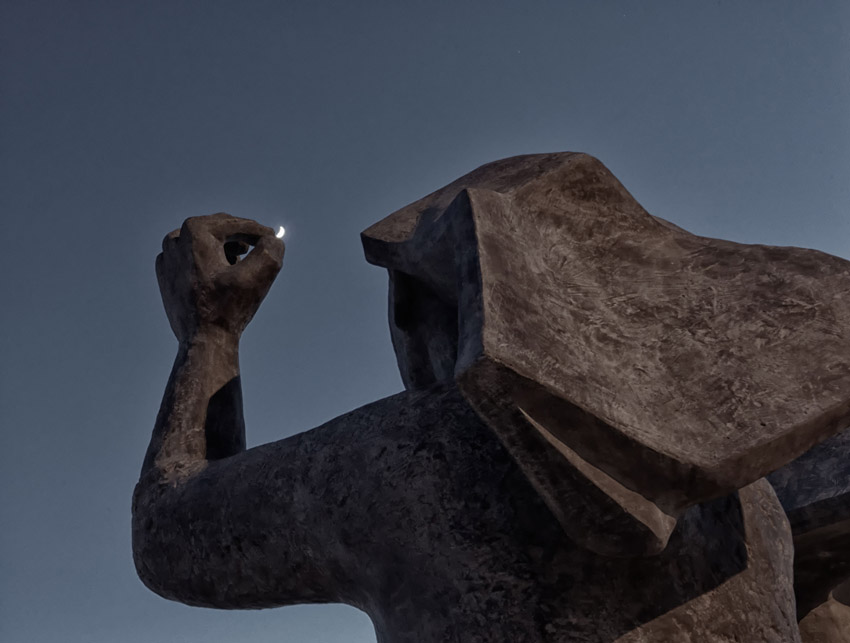Difference between revisions of "May 20, 2013"
| Line 1: | Line 1: | ||
__NOTOC__ | __NOTOC__ | ||
=Moonless Nights= | =Moonless Nights= | ||
| + | <!-- Start of content --> | ||
<!-- ws:start:WikiTextHeadingRule:0:<h1> --> | <!-- ws:start:WikiTextHeadingRule:0:<h1> --> | ||
<!-- ws:start:WikiTextLocalImageRule:6:<img src="/file/view/LPOD-May20-13.jpg/432763250/LPOD-May20-13.jpg" alt="" title="" /> -->[[File:LPOD-May20-13.jpg|LPOD-May20-13.jpg]]<!-- ws:end:WikiTextLocalImageRule:6 --><br /> | <!-- ws:start:WikiTextLocalImageRule:6:<img src="/file/view/LPOD-May20-13.jpg/432763250/LPOD-May20-13.jpg" alt="" title="" /> -->[[File:LPOD-May20-13.jpg|LPOD-May20-13.jpg]]<!-- ws:end:WikiTextLocalImageRule:6 --><br /> | ||
Latest revision as of 15:36, 8 February 2015
Moonless Nights

image by José Paulo Andrade, Matosinhos, Portugal
Although a Death Star is required to destroy a planet, Darth Vader can squish a minor world between his thumb and forefinger, like popping a tick. Already the Moon is squeezed to less than half its original diameter, with anorthosite, basalt and KREEP violently compressed into a high density bead. With one more squeeze the Moon will become like a mini-white dwarf, the mass of a 3000 km wide world crushed to a 100 m sphere. Although its density is greatly increased and it diameter unbelievably shrunk, its mass remains the same. Thus, as it orbits it still tugs waters into an endless tidal chase around Earth. But like a BB a mile away it is tiny and hard to see. Telescopically, Its dark surface appears as a pinhole in the blue daytime sky, and at night it momentarily causes stars to flicker. Terrabytes of image files, from LO to LRO, are like drawings from a planetary beastiary and after a few generations no one belives Earth ever had a moon.
Chuck Wood
Technical Details
Nikon D800, 16-35VR f4 @f22, 1.3sec. ISO 1600.
Yesterday's LPOD: Layers of Speculation
Tomorrow's LPOD: A Masterpiece
COMMENTS?
Register, Log in, and join in the comments.



